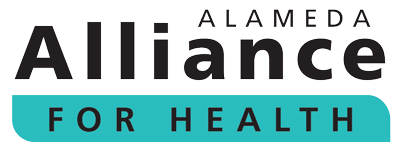Proposition 56 (Prop 56) Updates
Adverse Childhood Experiences (ACEs) Trauma Screening, Behavioral Health Integration (BHI) Incentive Program, CalHealthCares Program, Developmental Screenings, Enhanced Directed Payments for Physician Services, Family Planning Access Care and Treatment (PACT) Services, and Value-Based Payment (VBP) Program
In November 2016, California voters passed Proposition 56 (Prop 56), which increased the tax rate on cigarettes and other tobacco products. Several state bills have followed to direct Prop 56 funding for specified DHCS health care expenditures that improve health outcomes.
Starting in 2019, the Department of Health Care Services (DHCS) will use Prop 56 funding for ACEs and Developmental Screenings, Behavioral Health Integration grants, the CalHealthCares medical student loan repayment program, Directed Physician Payments, Family Planning Access Care and Treatment (PACT) services, and the Value Based Payment (VBP) Program.
The Alliance has issued Prop 56 payments to our contracted providers, and will continue to do so as statewide efforts to improve health move forward.
